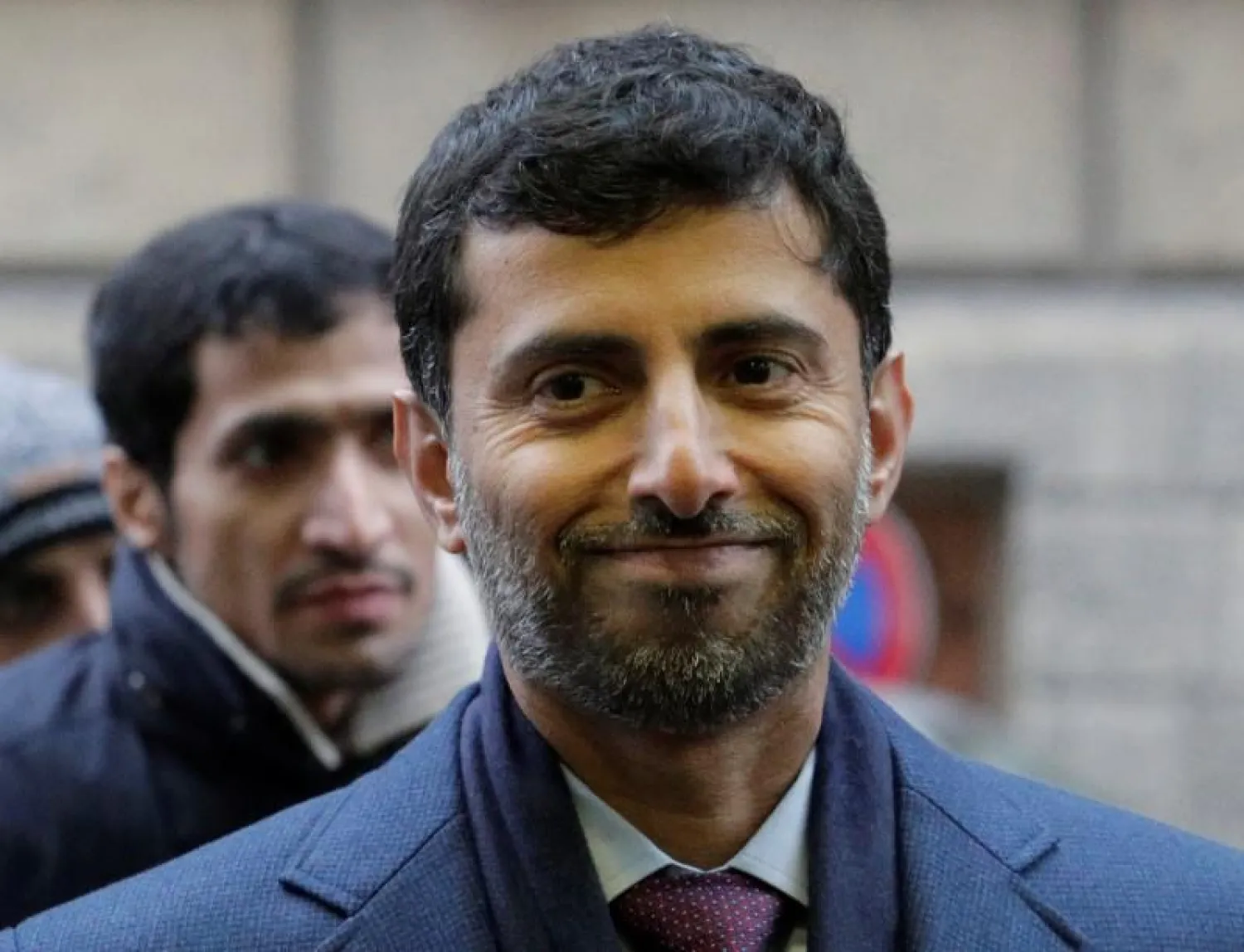Saudi Arabia wants the Organization of the Petroleum Exporting Countries (OPEC) and its non-OPEC allies, led by Russia, to seek new criteria to assess the success of the current agreement between these countries to reduce production.
However, UAE Energy Minister Suhail al-Mazrouei called for adherence to the current objective of the agreement, saying that producers should first achieve their goal of reducing crude inventories in developed economies to the five-year average.
Speaking to Bloomberg TV at the Bloomberg Business Week conference in Dubai, Mazrouei said: "I would prefer to focus on achieving our mission first.”
Since early 2017, OPEC members and independent producers such as Oman, Kazakhstan and Azerbaijan, led by Russia, have started cutting production by 1.8 million barrels per day (bpd) to reduce stockpiles. The agreement is expected to expire in December 2018.
So far, OPEC and its allies have achieved impressive results, with stockpile curbs being reduced from 340 million bpd over the five-year average at the beginning of last year to less than 50 million bpd in February.
Speaking at the conference, Mazrouei said that OPEC and non-OPEC oil produces has removed “85 percent of the problem” of oversupply.
Last month, a technical committee to monitor the production cut-off agreement discussed the matter in Vienna, but no recommendations were issued.
Several methods to measure stockpile levels have been reviewed, but the matter will be discussed this month in Jeddah when members of the ministerial committee on monitoring compliance with the agreement meet with Energy Ministers of Saudi Arabia Khalid al-Faleh and Russia Alexander Novak.
Current chairman of OPEC's session, Mazrouei said that the decision to extend the cut-off agreement is not currently being discussed.
Global demand may exceed the estimated level and the current reduction levels commensurate with demand, he added.
Some OPEC producers and other countries participating in global output cuts have suggested extending the curbs beyond 2018 and up to the middle of next year, according to Iraq’s Oil Minister Jabbar al-Luaibi.
On the launch of China's Yuan-pricing process, Mazrouei said: "It is too early to assess and judge the Chinese experience."
Last week, China launched its Yuan-crude oil contracts on Shanghai International Energy Exchange as part of plans to make its currency a bigger player on the global market to extend its influence in the global economy.
Mazrouei praised Russia's role in the current agreement, describing it as a "good partner” in the cuts agreement, and stated that majority of participants in the deal are supportive of a longer-term cooperation between OPEC and non-OPEC producers.
Russian Energy Minister said on Tuesday that it is possible to establish a joint organization for cooperation between OPEC and non-OPEC countries once the current deal on oil output curbs expires.
“We are now thinking about a format for cooperation which could be for the longer-term, which would include the possibility of market monitoring, information exchange and if needed the implementation of some joint actions,” Novak told reporters.
Novak said he and his Saudi counterpart discussed long-term cooperation and that the current “mechanism of interaction” had proved to be effective.
The market has come under pressure as Saudi Arabia, the world's largest exporter of crude oil, is expected to cut down the selling price of all kinds of crude it exports to Asia.
Russia pumped 10.97 million bpd in March, up from 10.95 million bpd in February, data showed, which is its highest level in eleven months.









